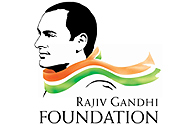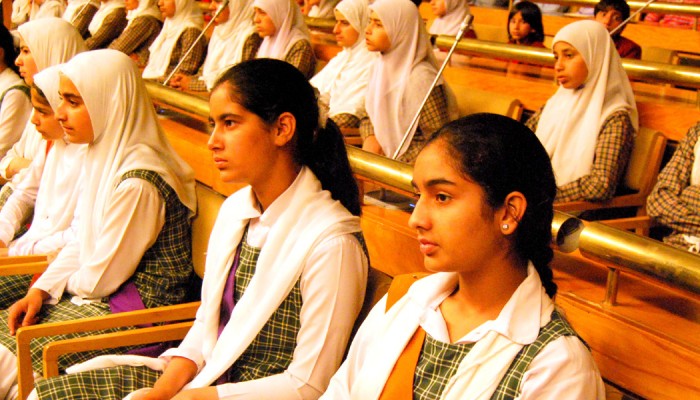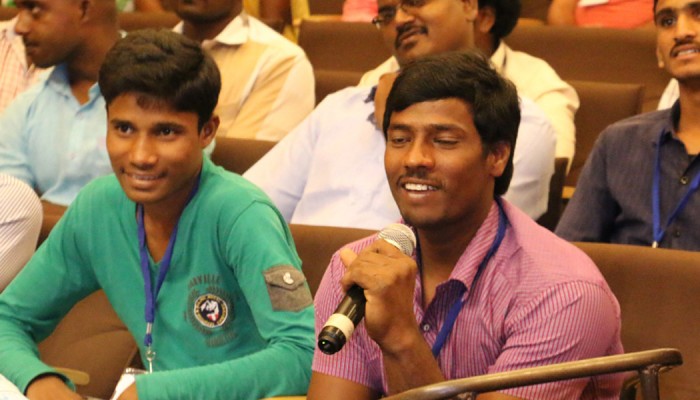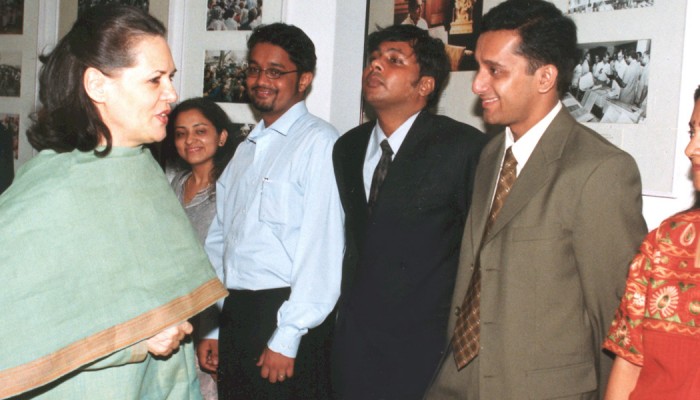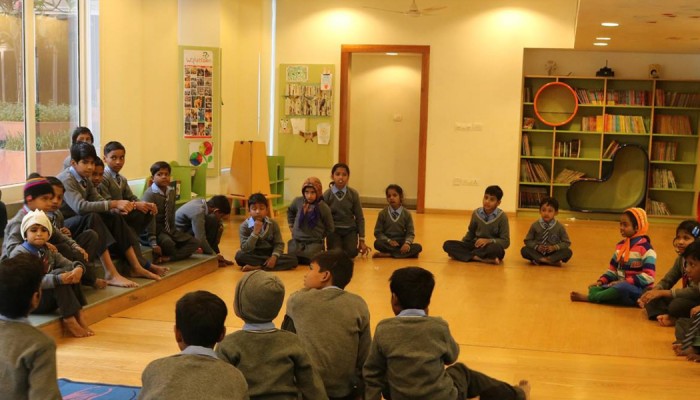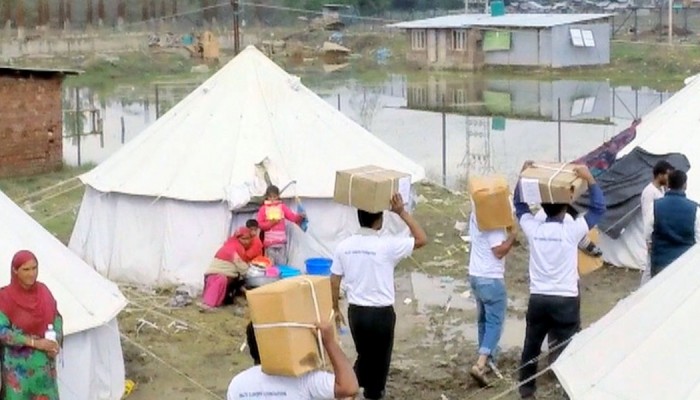Who We Are
About Rajiv Gandhi
"Development is not about factories, dams and roads. Development is about people. The goal is material, cultural and spiritual fulfilment for the people. The human factor is of supreme value in development."
Read More...
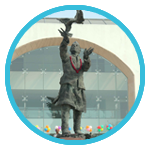
About the Foundation
The Rajiv Gandhi Foundation (RGF) was set up on June 21, 1991 to realize the vision of Shri Rajiv Gandhi, former Prime Minister of India. Shri Gandhi dreamt of a modern India, secular.
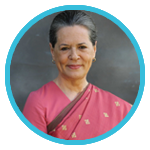
Our Chairperson
Smt. Sonia Gandhi is the chairperson of the Rajiv Gandhi Foundation. Smt. Gandhi was born on December 9, 1946. After her early education, she attended a foreign language.
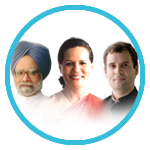
Our Board
Since its inception, the Rajiv Gandhi Foundation has been governed by distinguished leaders from various walks of life. The current board is composed of 8 eminent members,
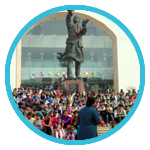
Our Senior Management Team
The Foundation’s senior management team is multidisciplinary and brings together decades of experience in the areas of organizational leadership, programme management,
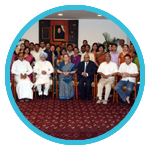
Our Team
A mix of experience and youth, our team shares a sense of community and works in an environment that values hard work and innovation.
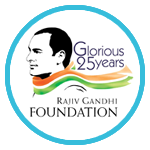
Our Story
Formed on June 21, 1991, the Foundation began its work in five key areas:
- Literacy
- Promotion of science & technology
- Empowerment of the underprivileged and the handicapped,
Partners
The Rajiv Gandhi Foundation has nurtured strong and long-term partnerships with a number of likeminded organisations within and outside the country. The field-level partners across the country have been instrumental in reaching out to the most needy individuals and families, ensuring the highest quality of programme-related processes and assessing the impact of the interventions.
Get Involved
Every programme run by the Rajiv Gandhi Foundation supports individuals and families at times of the highest need and vulnerability. Thousands of beneficiaries across the years have reported the transformative and sustainable impact of the Foundation’s support. But this is not enough. There are many more who can, with just a little more help from you, move from a life of pain and struggle to that of progress. Support us in making a difference.
Resources
Financial Statements
Annual Reports
Stories that inspire us
Thangjam Chanulenbi Devi was born in a small town of Imphal, Manipur. She was barely three years old when her father was shot dead by an unidentified gunman at Keishampat on April 12, 1992
Read More…Thangjam Chanulenbi DeviThe lives of N. Thambou Singh and his three siblings were completely devastated when their father was taken and killed by insurgents. Call it divine design or luck that this bright boy was recognised by the Rajiv Gandhi Foundation just in time to turn the tide.
Read More…Ningthoujam Thambou SinghGovardhana Devi’s father was a police constable in Warangal district of Telangana. He was killed by Naxalites on October 7, 1996. The unexpected death of her father left the entire family in shock.
Read More…C. Govardhana DeviAmjad Khan was born in the Hapur district of Uttar Pradesh on July 4, 1980. In 1981, he was nine months old when he was struck down by a polio attack. While communicating with us, he went numb while describing his life
Read More…Amjad Khan1993 was a tough year for a three-year-old boy named Rati Nath, because he lost his leg while in a fever. His family never knew that a mere fever would hamper their son’s ability to walk. Frequent visits to
Read More…Rati NathIn 1980, Sunder Lal Yadav was born healthy to a family in Rewari, Haryana. When he was 11 months old, he and his family met a dreadful accident. He drowned in a sewage pool,
Read More…Sunder Lal YadavDeepak Kumar was born to Suresh Kumar, an auto driver and Phool Kumari on October 23, 2003. Deepak has three siblings living at 21-A Janpath, New Delhi. He has been a regular child at Wonderoom
Read More…Deepak KumarNeha Kashyap was born to Devendra Kumar, a taxi driver, and his wife Lata Kumar on December 13, 2001. She was born in Ghaziabad, but soon shifted to 21-A Janpath, New Delhi, and has been living here since then.
Read More…Neha KashyapJulie was born to Panna Lal and Lalmani Devi on June 15, 1996 in Varanasi. Her father was a poor weaver whose meagre income failed to fully support the family.
Read More…JulieMaria Varsi was born to a very poor family in Barabanki, Uttar Pradesh. Her father works as a daily-wage labourer whose income fails to provide even two daily meals to the family. Humans earn in order to fulfil
Read More…Maria VarsiI worked with the Rajiv Gandhi Foundation as an intern. Although my journey with the Foundation team was of [just a] few months, I got to learn a lot there. [The] people, environment and the working [atmosphere] is quite peaceful and
Read More…Mohd Nabeel,
Pursuing Post-graduation in English Literature
University of DelhiI worked in the Communications wing of the Rajiv Gandhi Foundation. It has been one of the best experiences I have had [of] interning at an organization. The work was good and I did not feel like I was being
Read More…Sukriti Somvanshi,
M.A. Sociology
Delhi School of EconomicsThe RGF Summer Camp was an incredible platform to work together with children in an attempt to go through a more natural process of learning.
Read More…Ankit Sharma,
VolunteerI have spent some great time[s] with the children in the Foundation. Although I was there with the intention to teach them, guess what? I have been taught many things by them. Life is all about happiness and
Read More…Rahul Verma,
Volunteer Wonderoom
Contact
Please connect with us.
